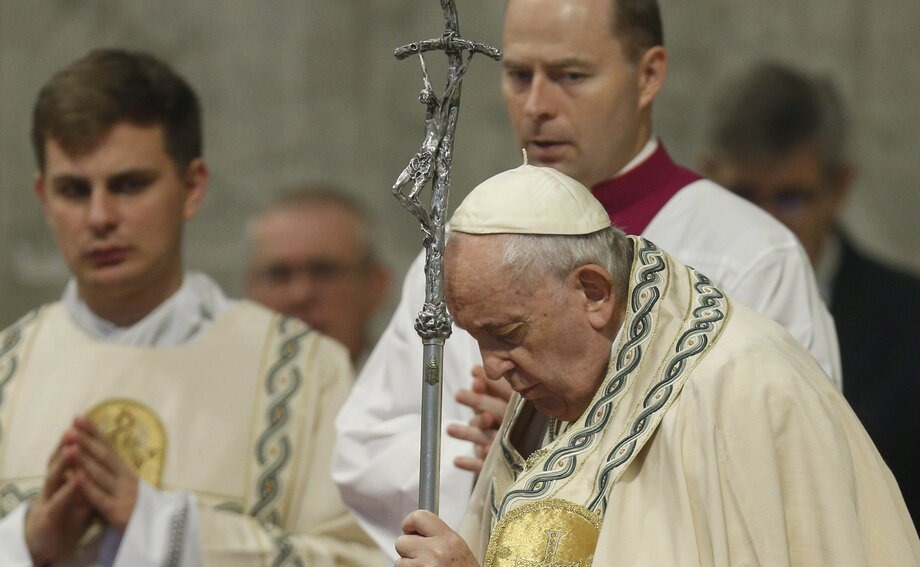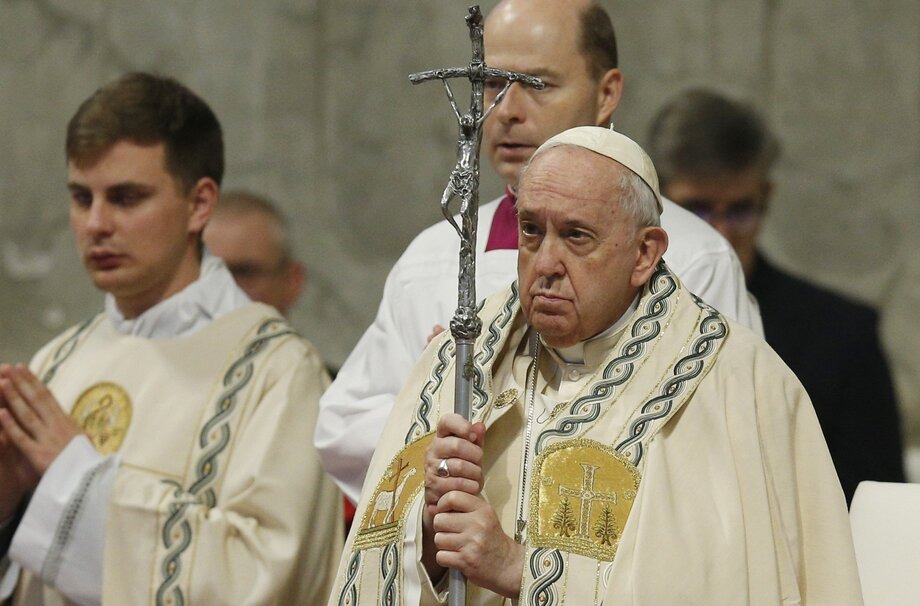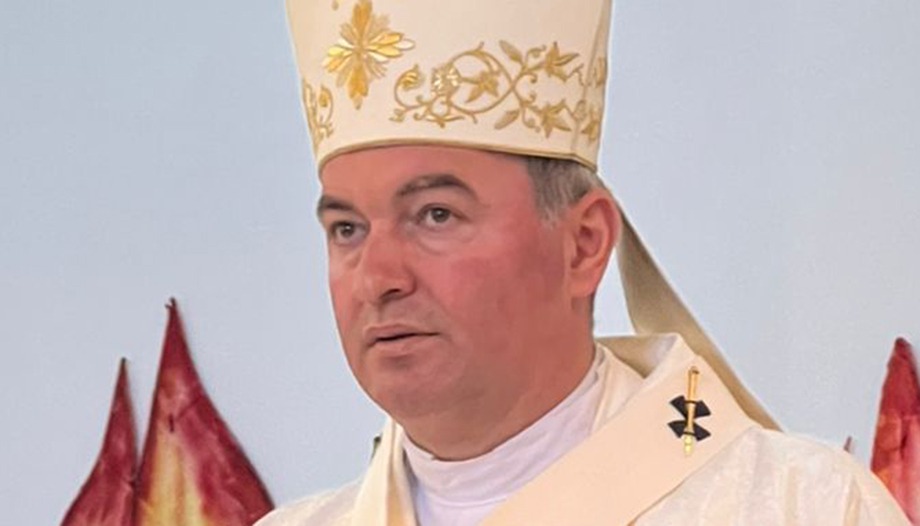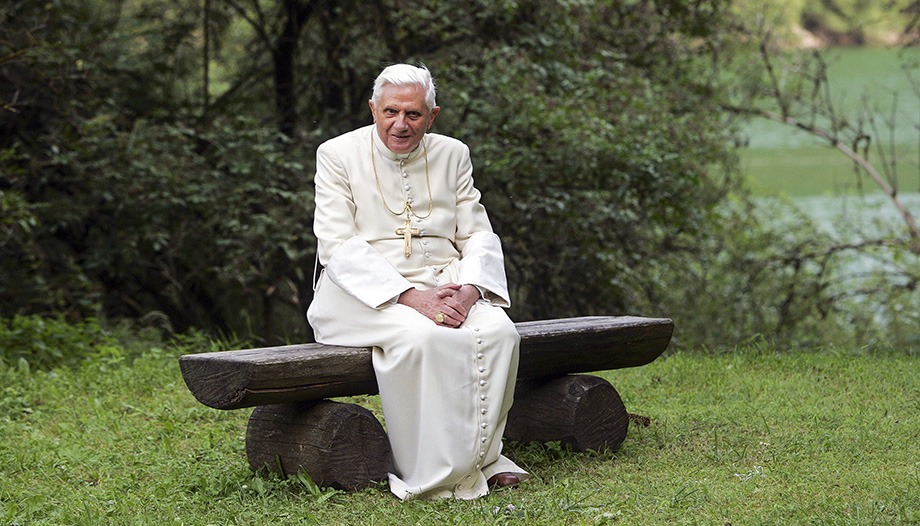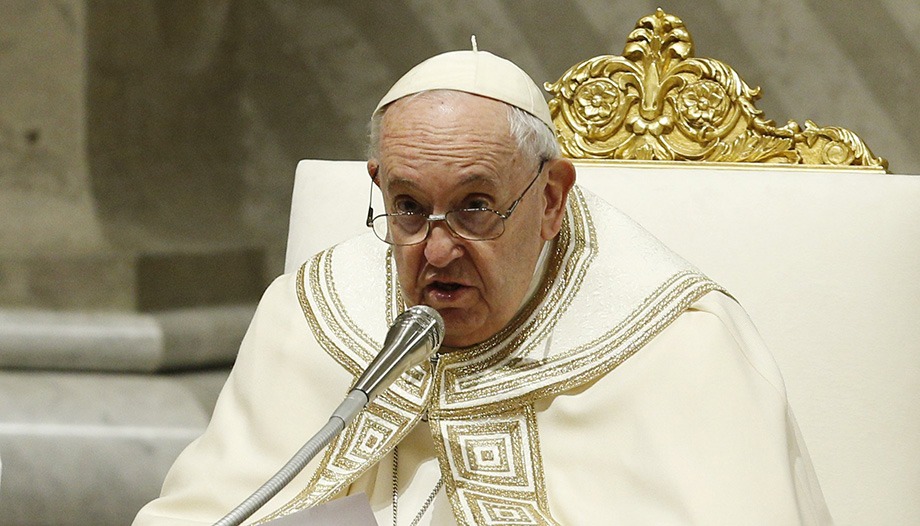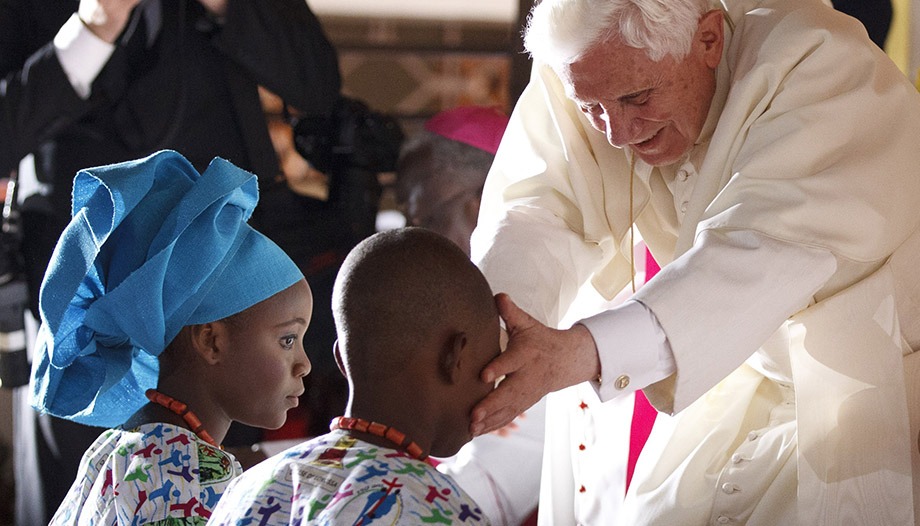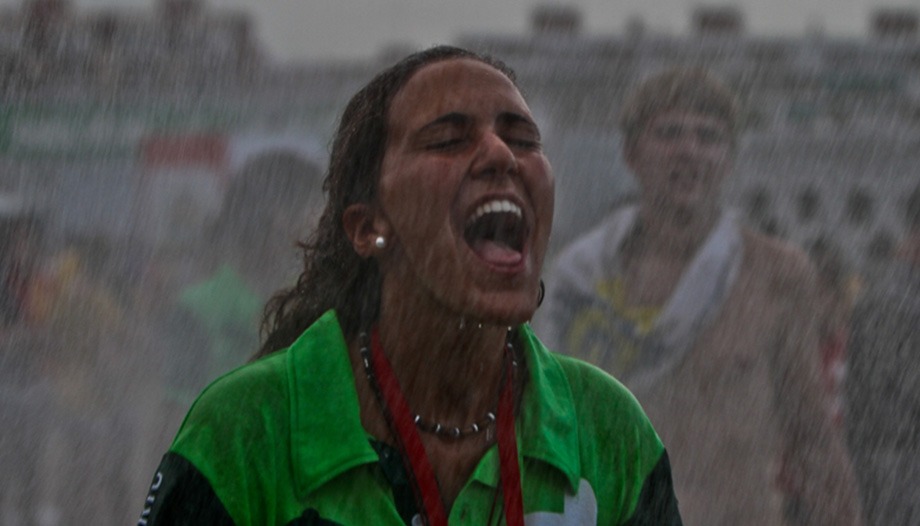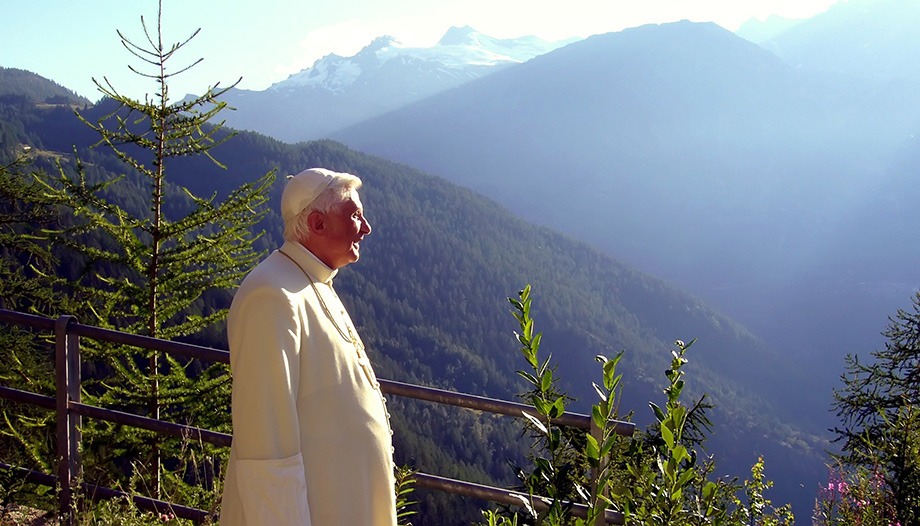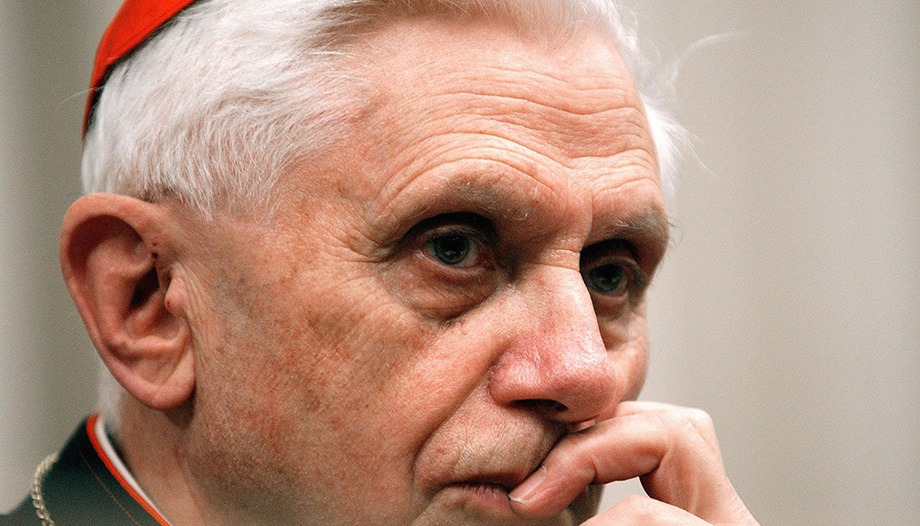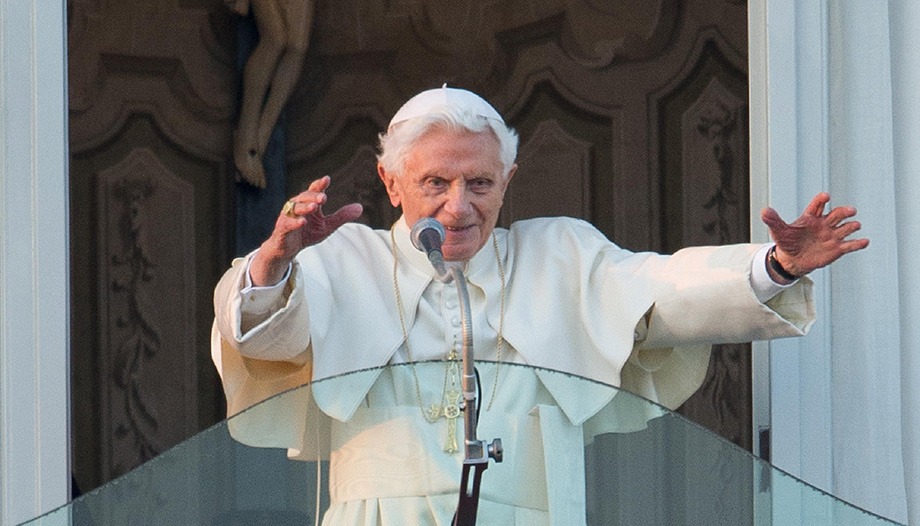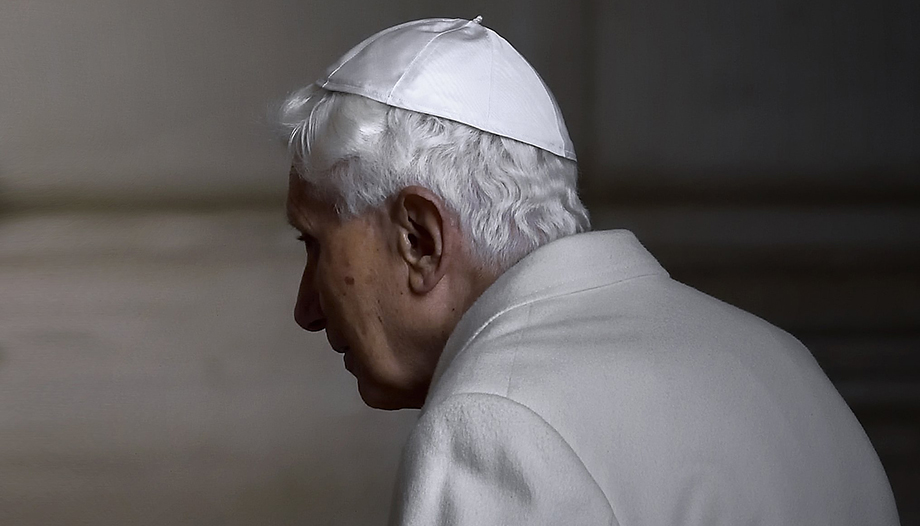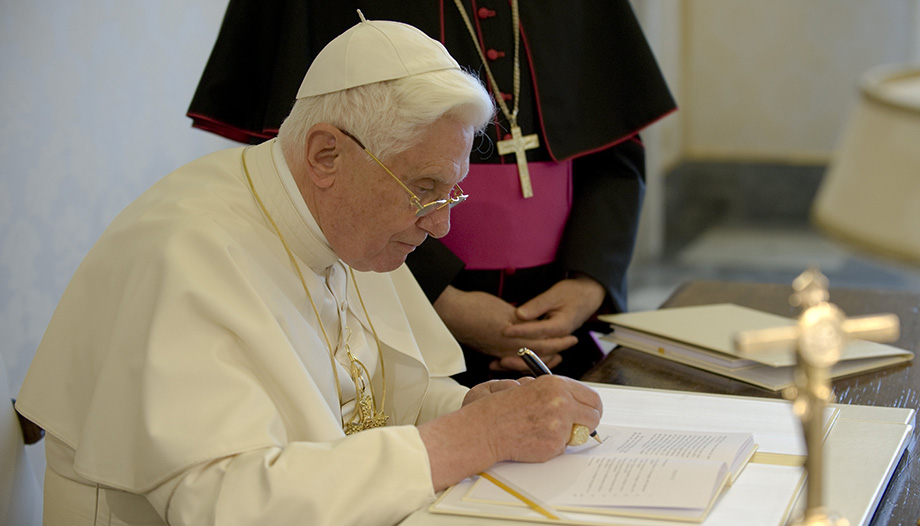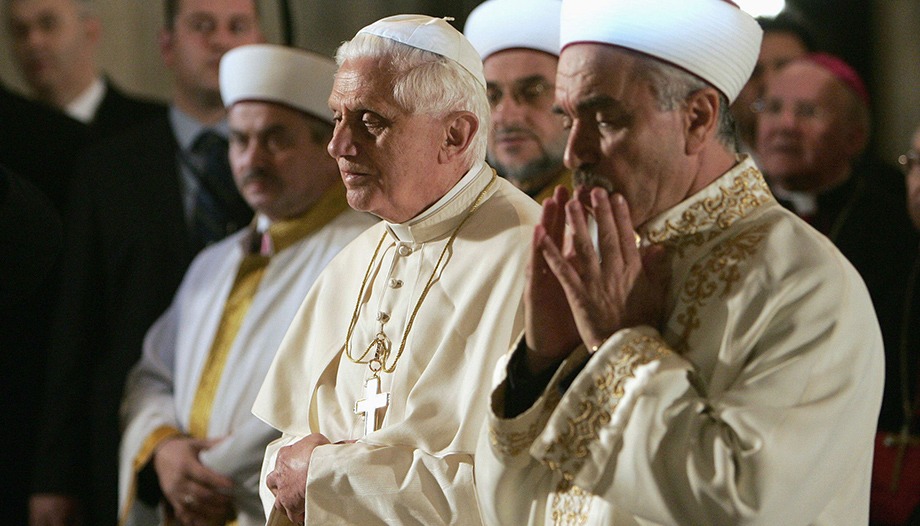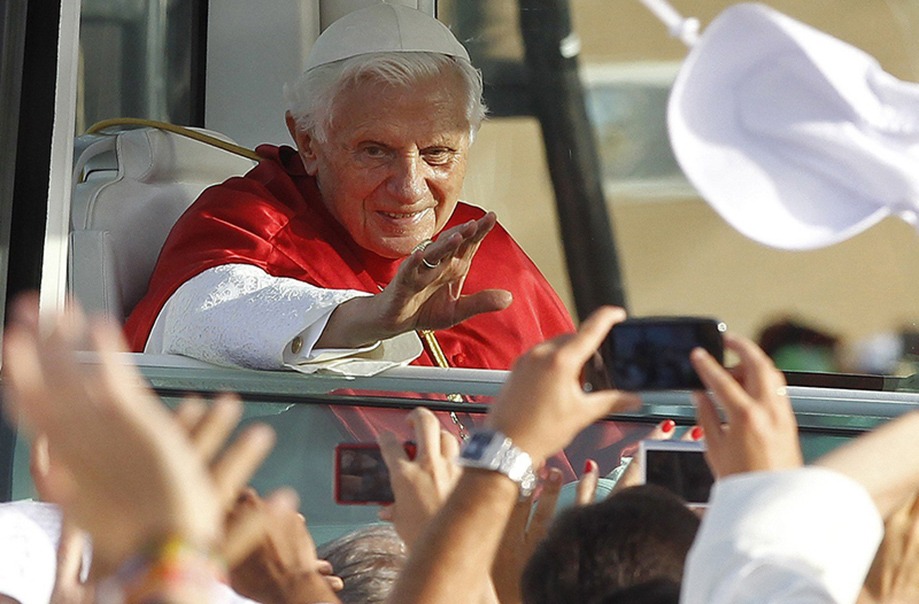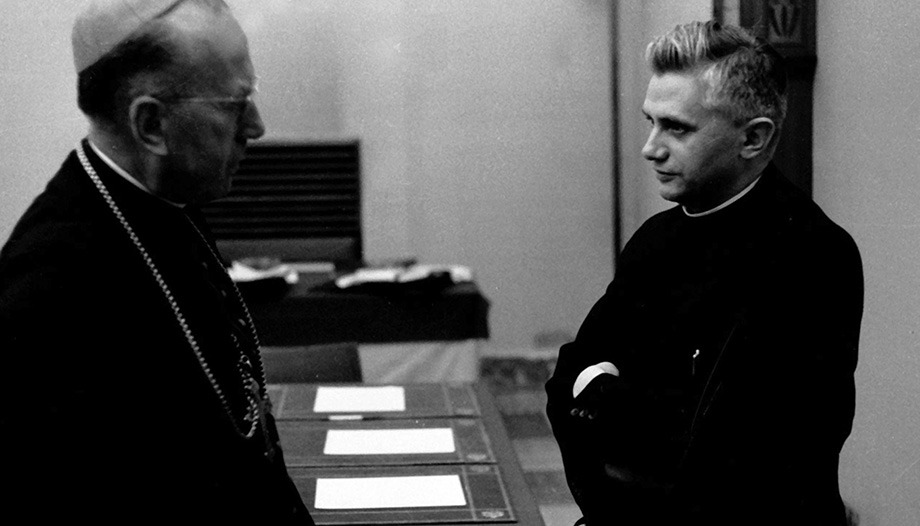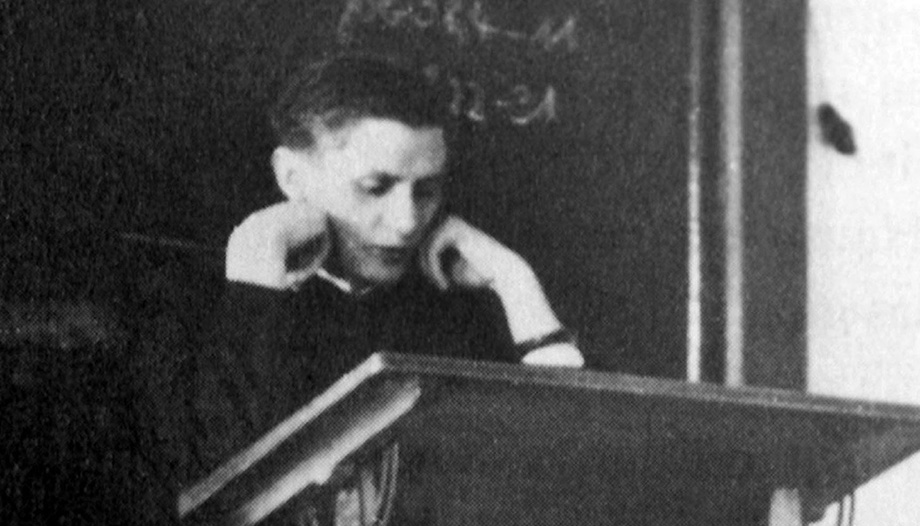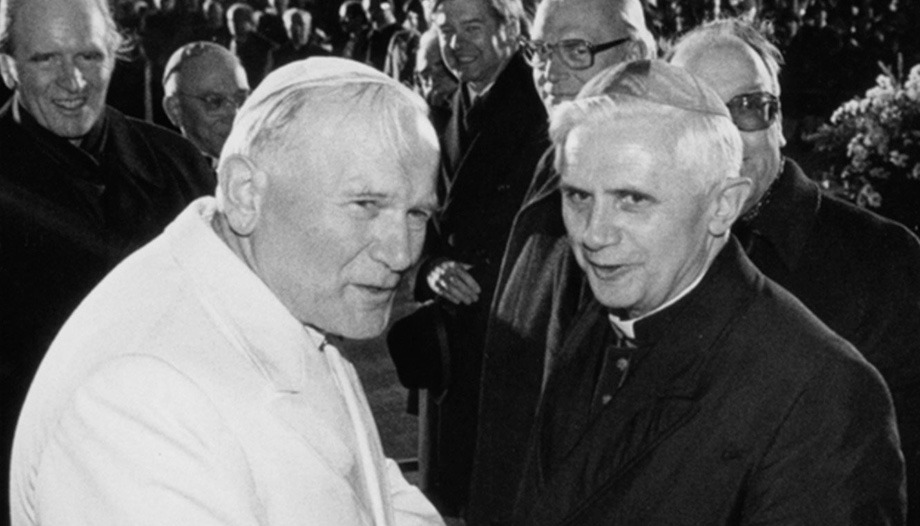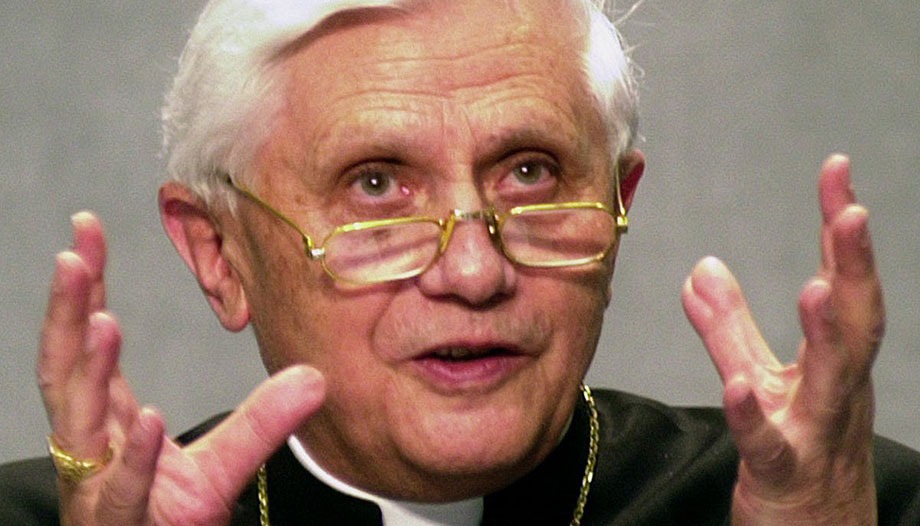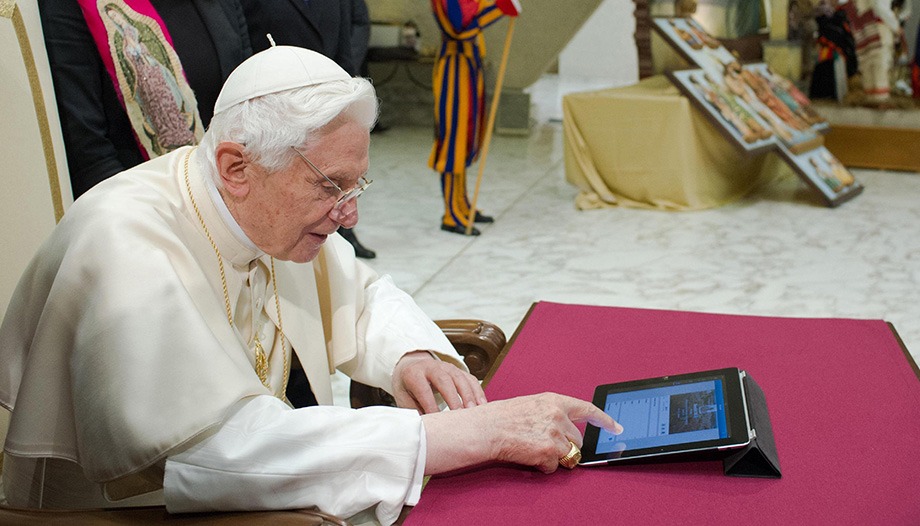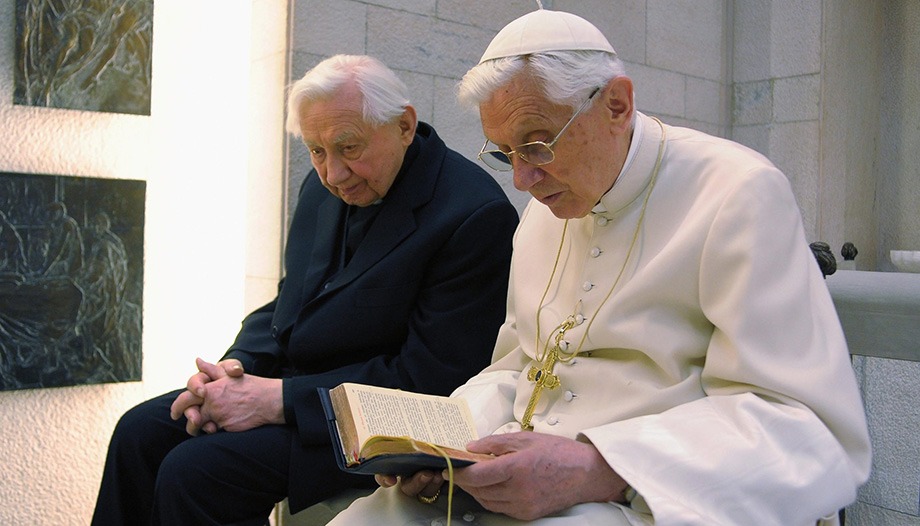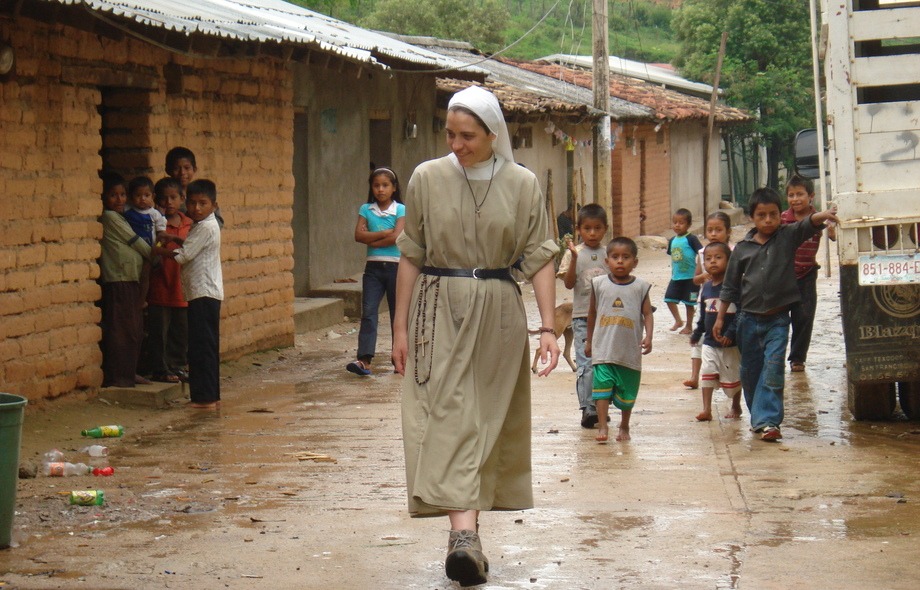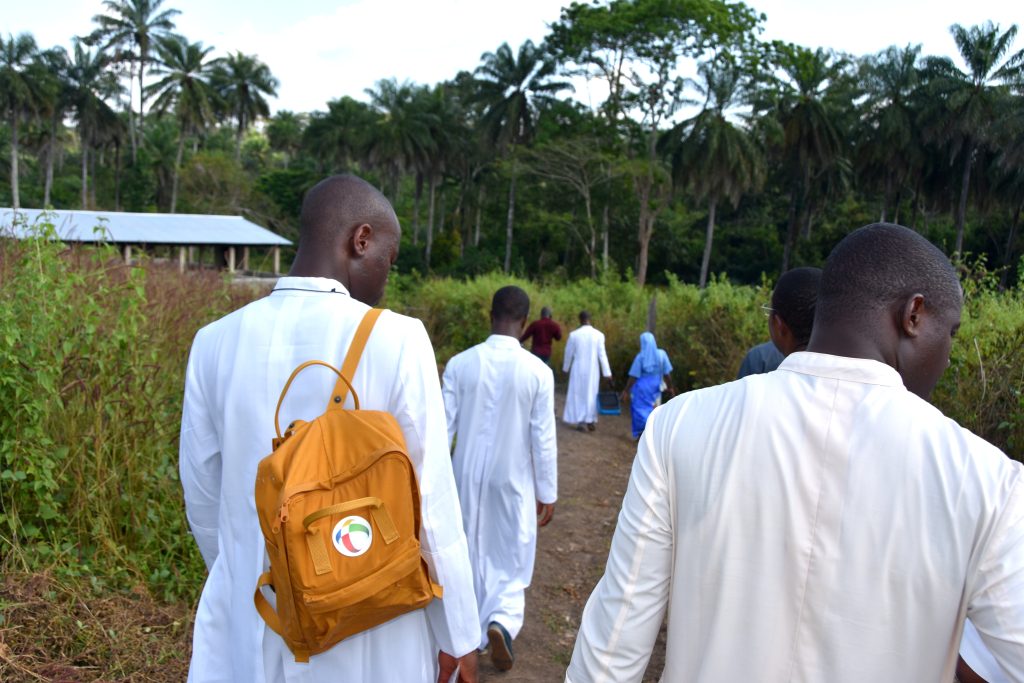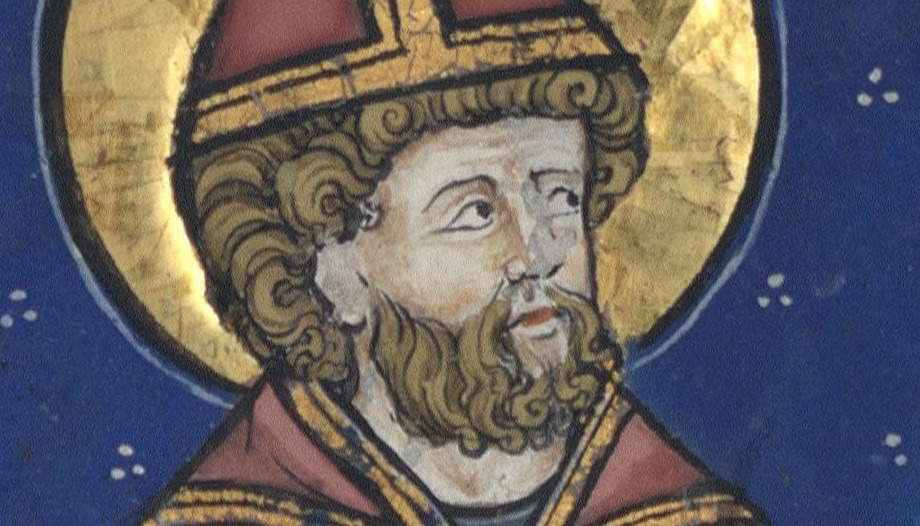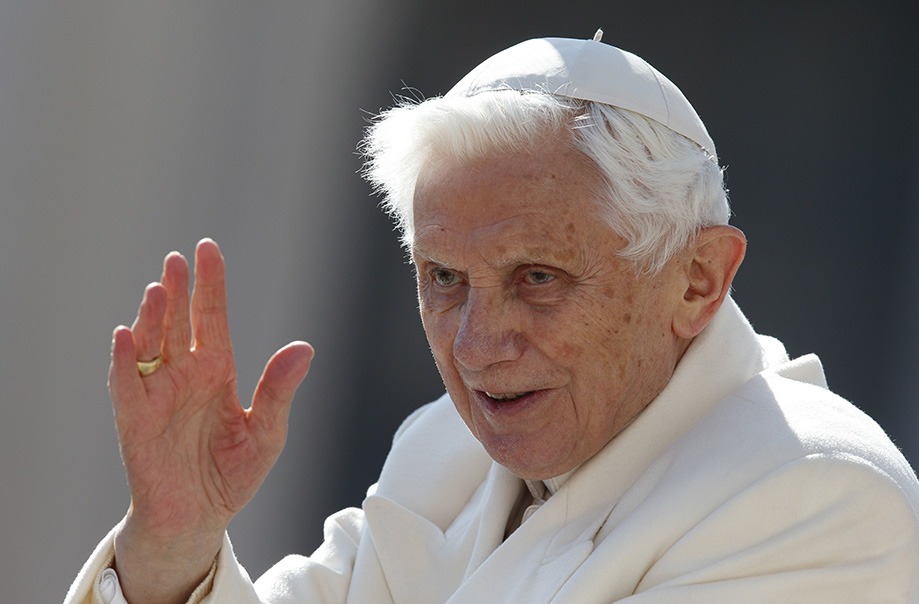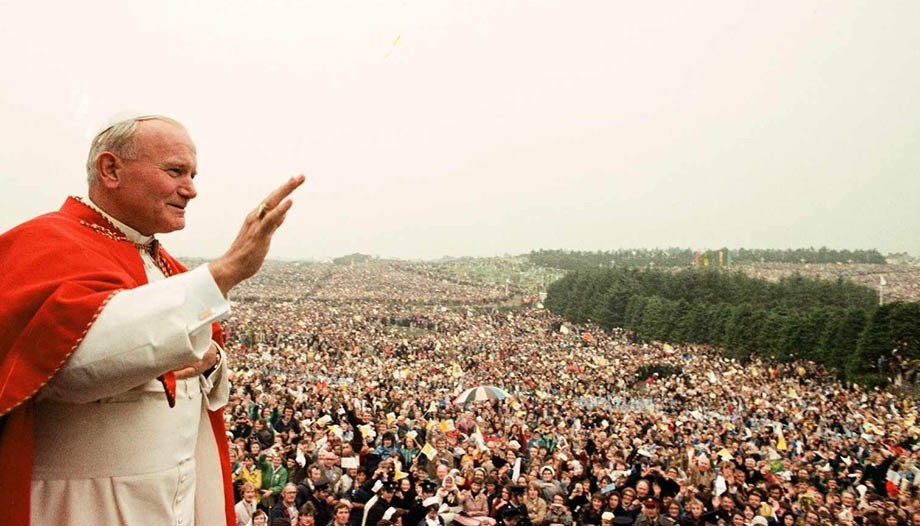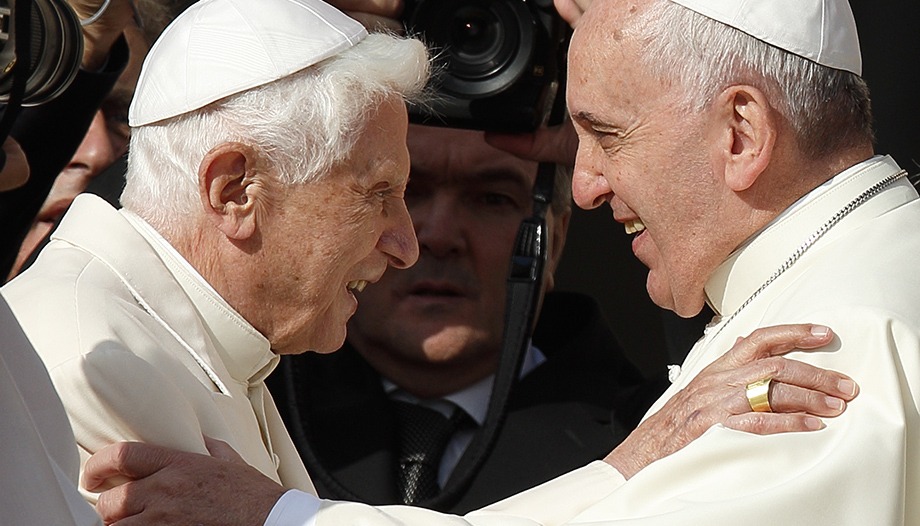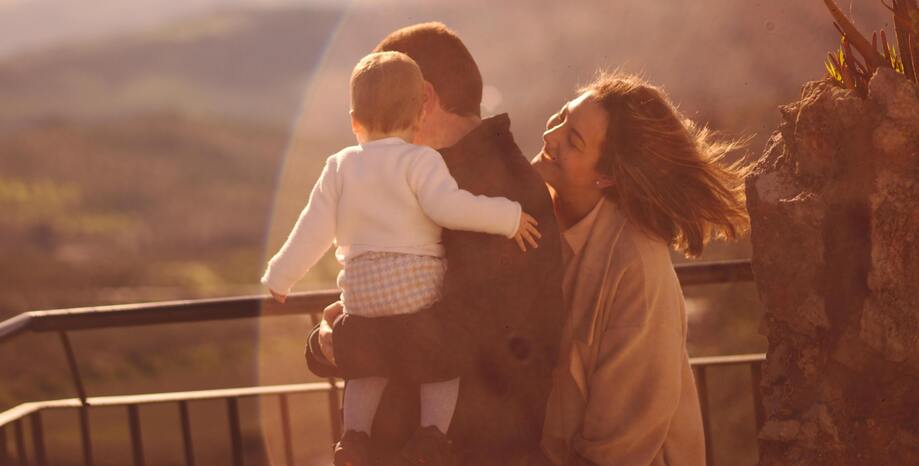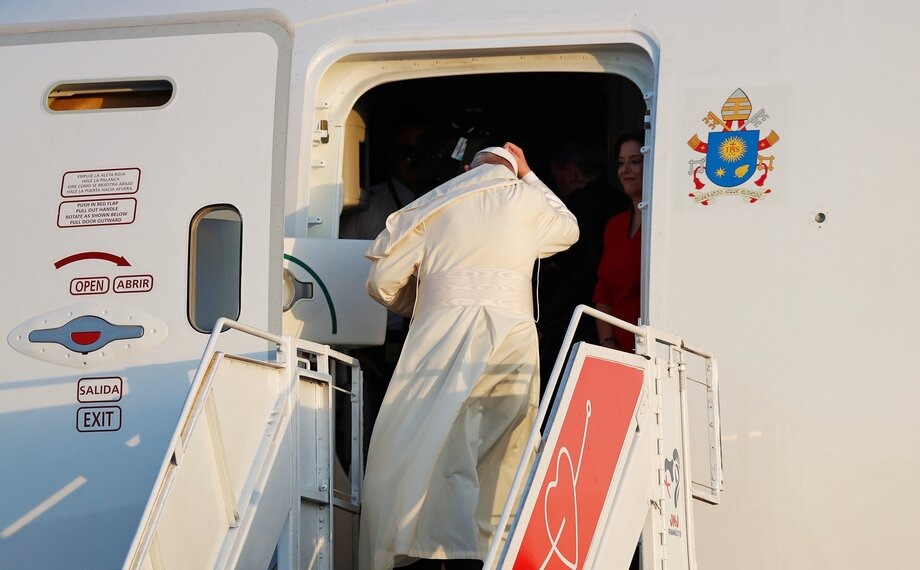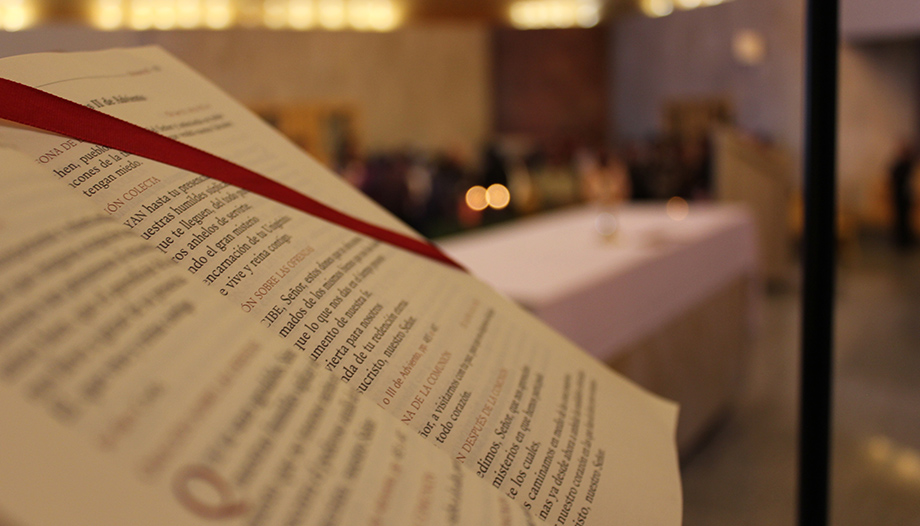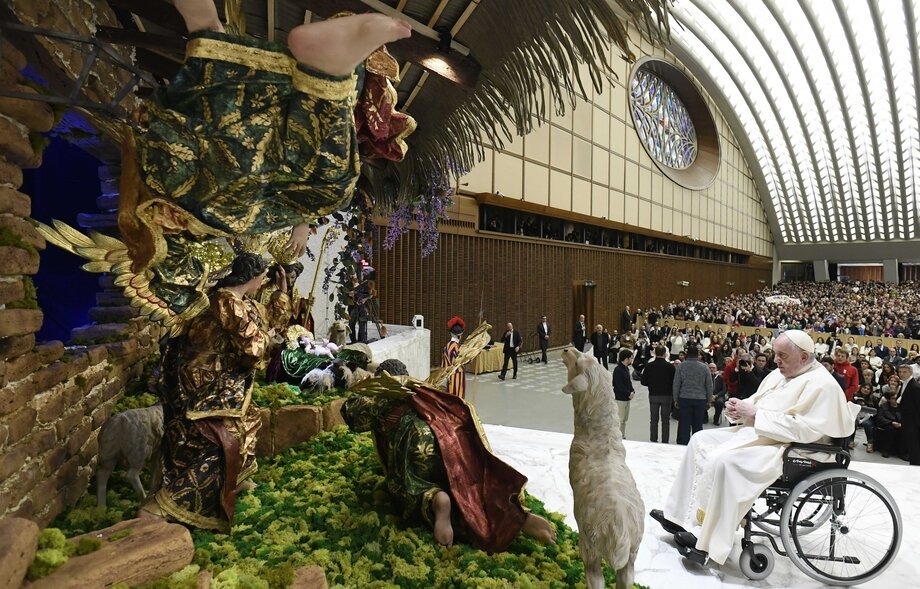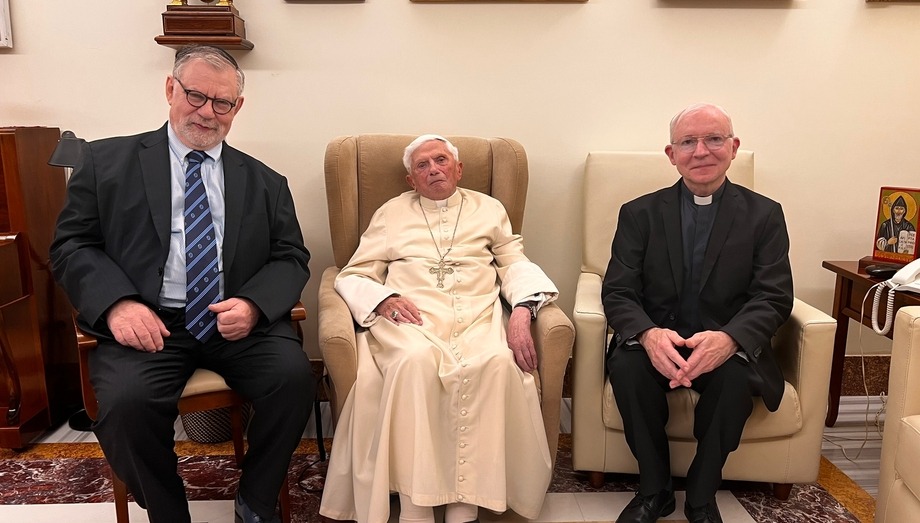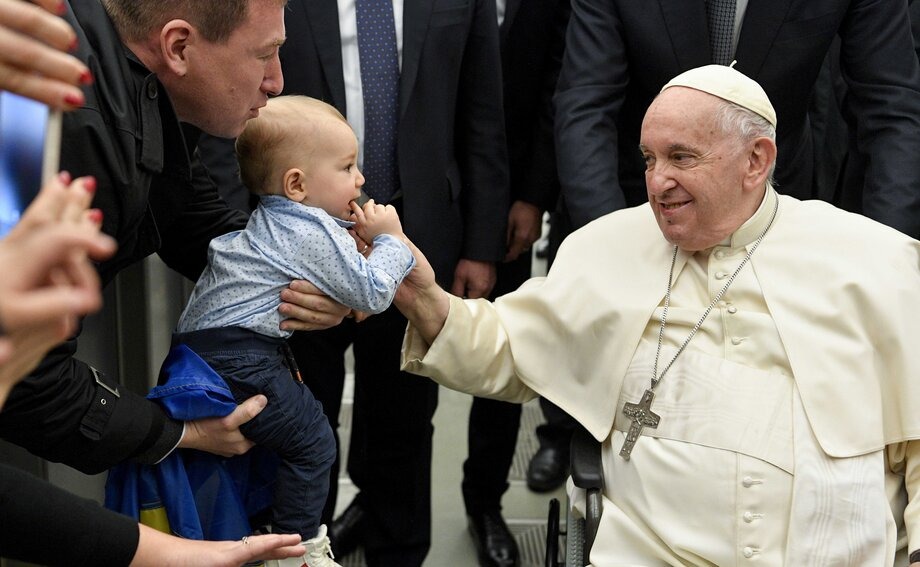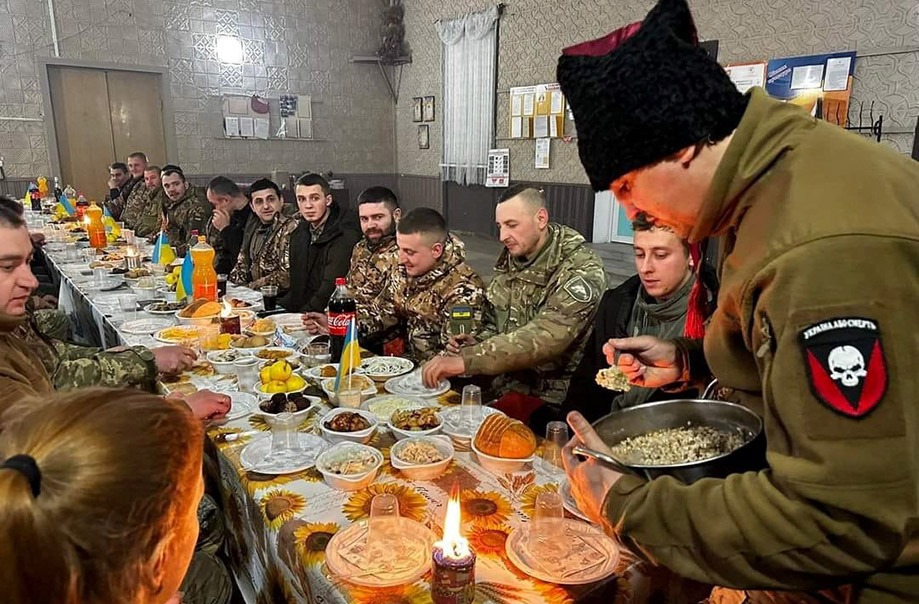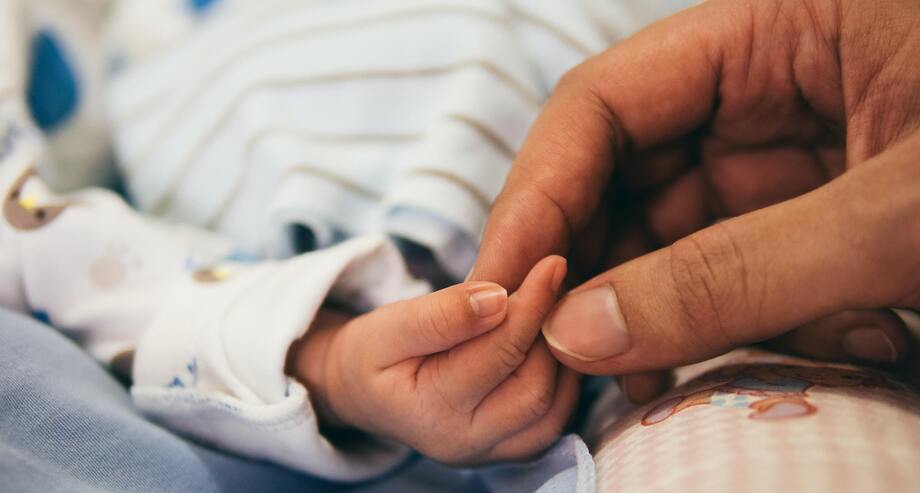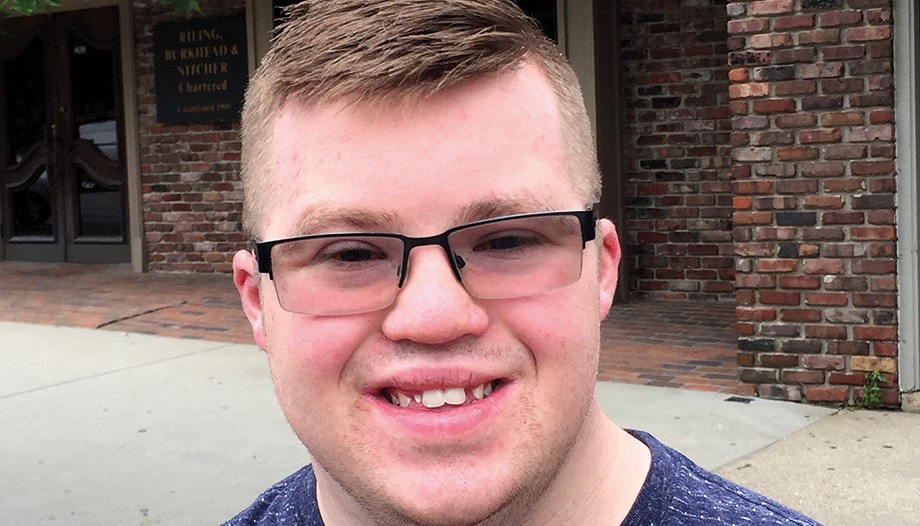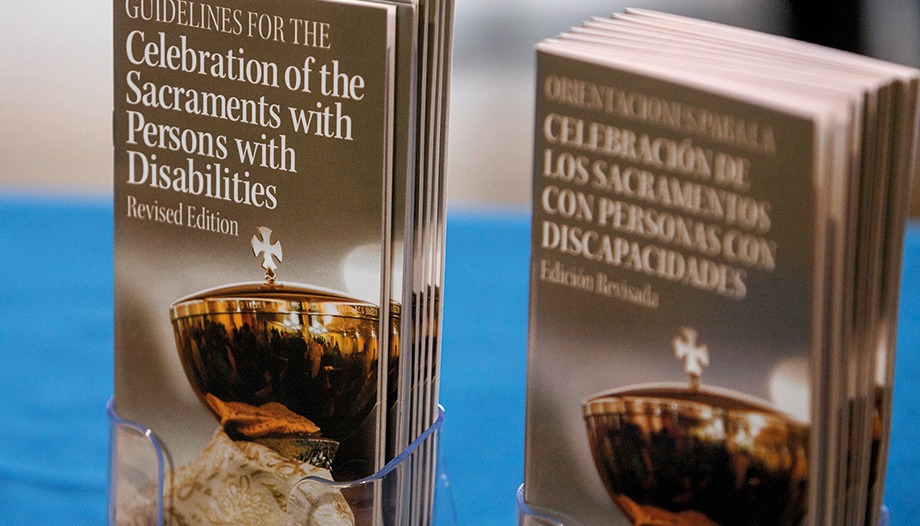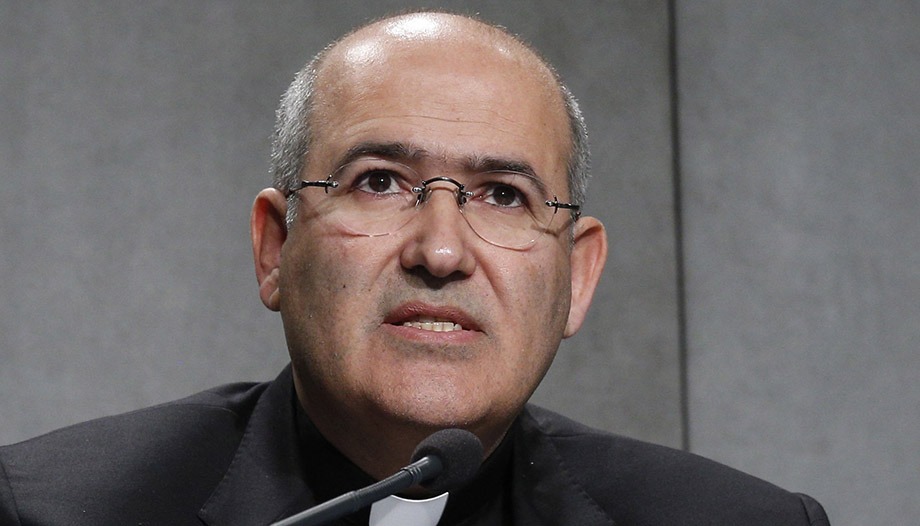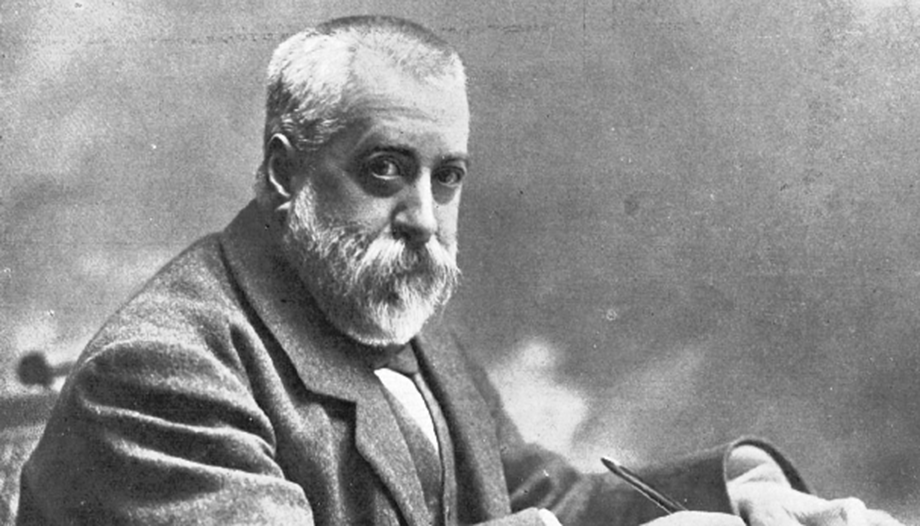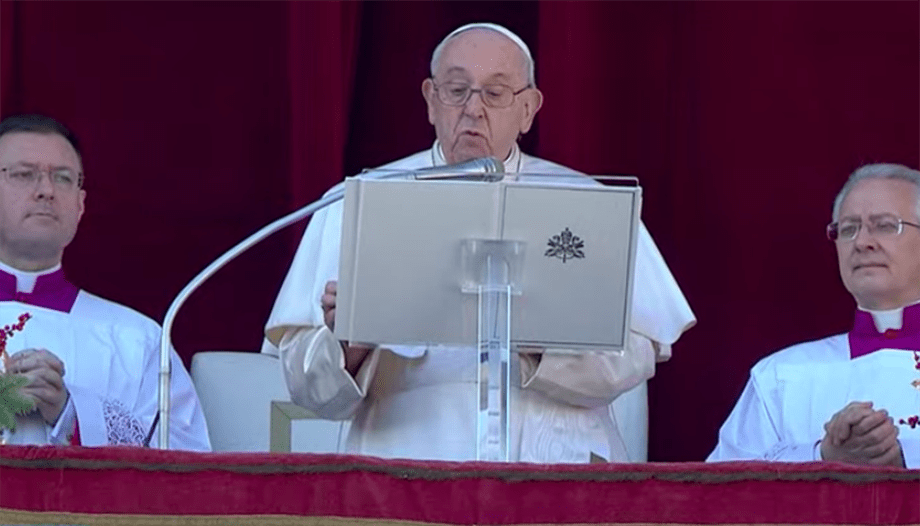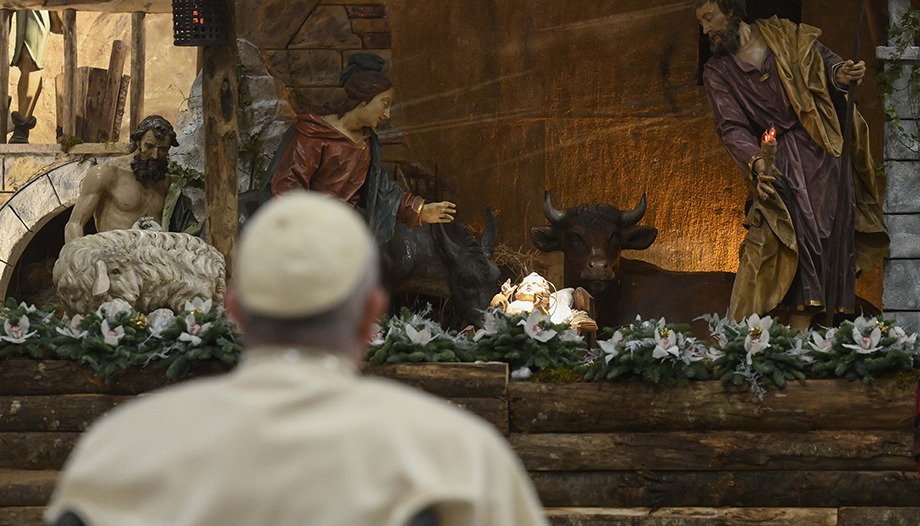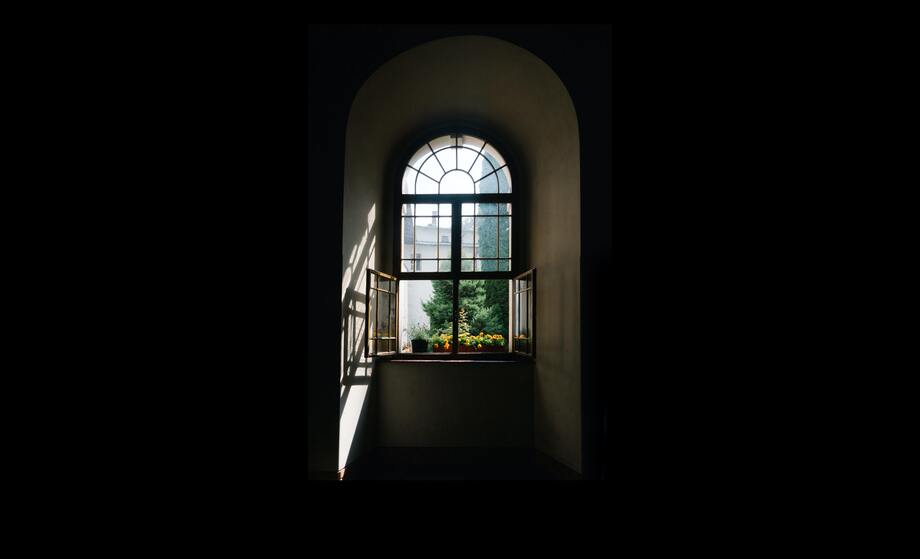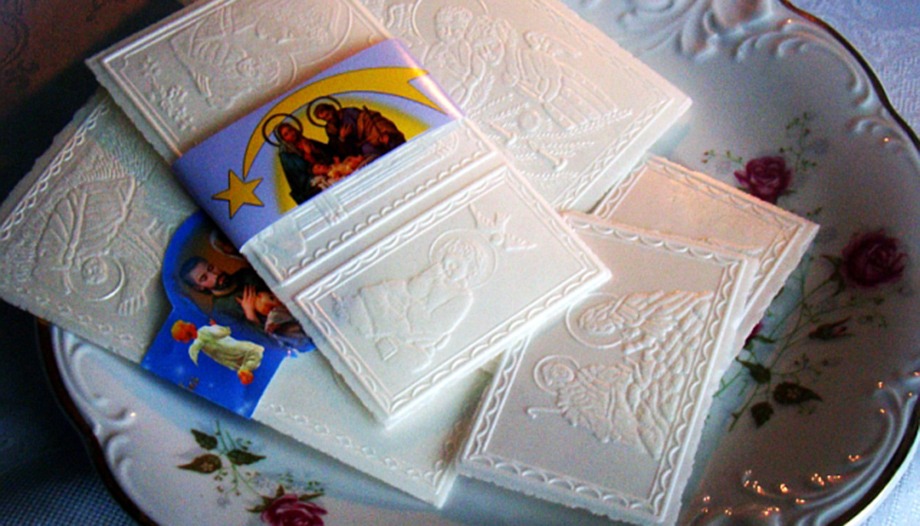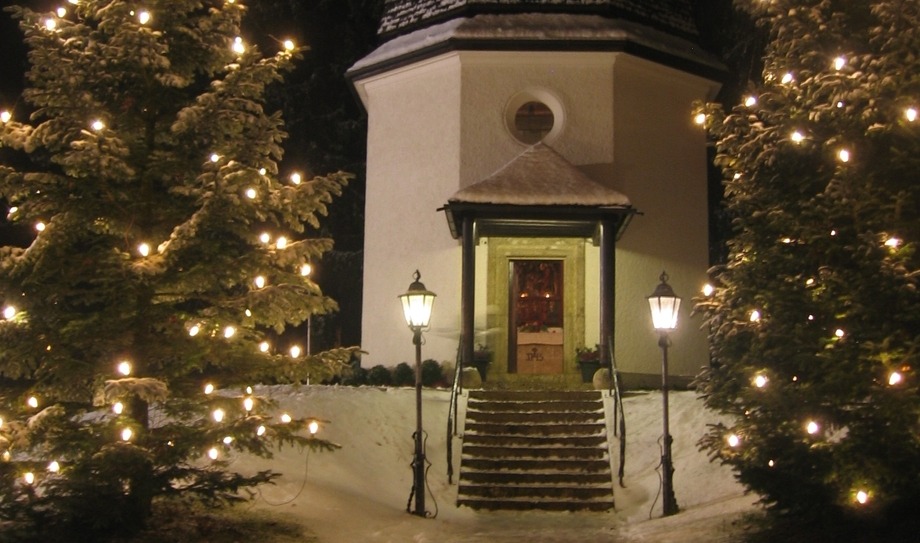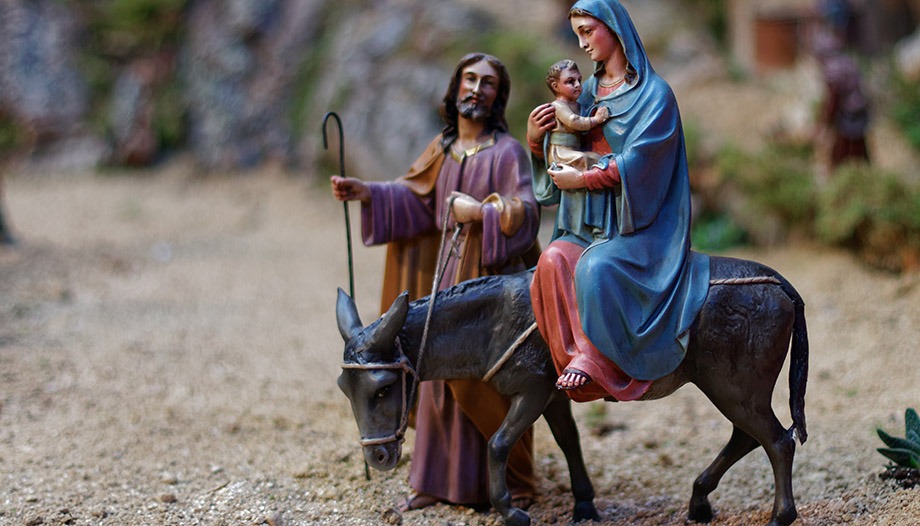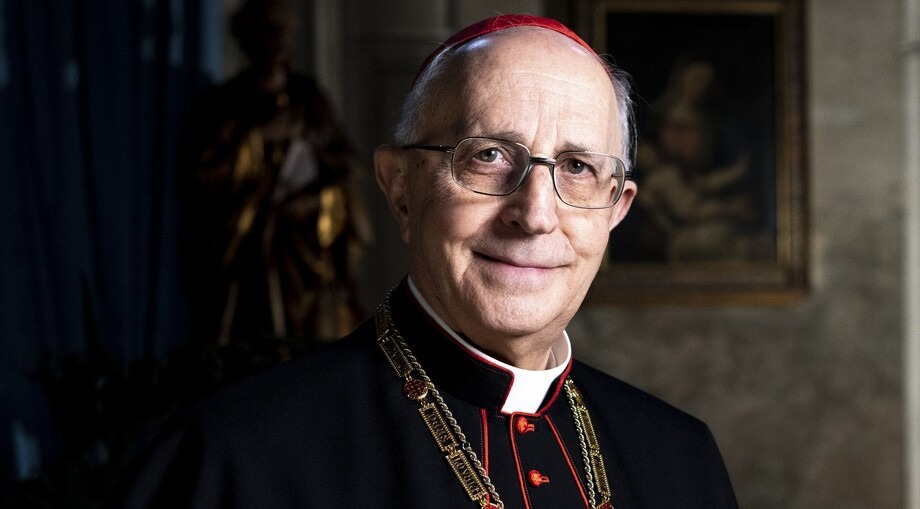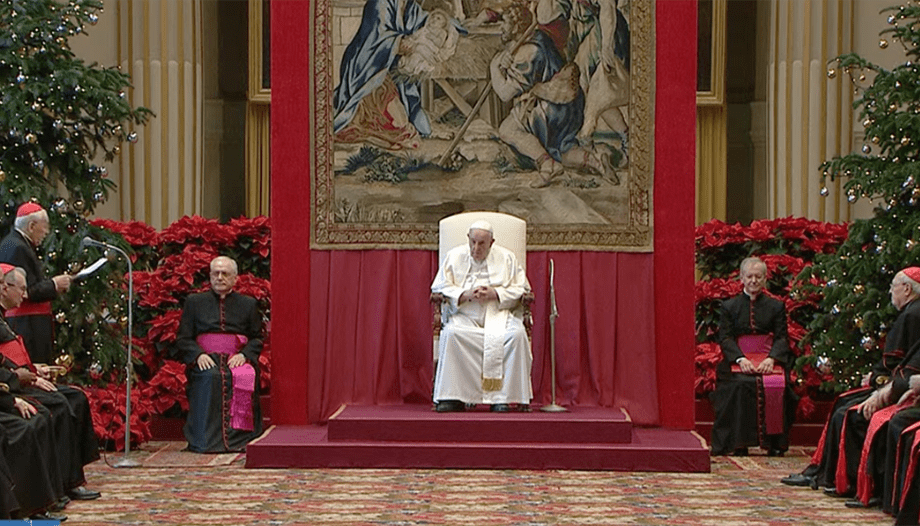John Paul II paid tribute to the encyclical Populorum Progressio of his predecessor Paul VI by publishing - thirty-five years ago, on December 30, 1987 - the social encyclical Sollecitudo Rei Socialis. It came 20 years after the publication of Pope Montini's encyclical addressed to men and society in the 1960s.
Sollicitudo Rei Socialis retains all the force of Paul VI's appeal to conscience and refers to the new social-historical context of the 1980s, in an effort to indicate the outlines of today's world, always with an eye to the inspiring motif, the "development of peoples," which is still far from being achieved. "I propose to extend their echo, linking them with possible applications to the present historical moment, no less dramatic than that of twenty years ago," wrote John Paul II.
Time, as we well know, always flows at the same pace; today, however, we have the impression that it is undergoing a movement of continuous acceleration, due above all to the multiplication and complexity of the phenomena in the midst of which we live. Consequently, the configuration of the world in the last twenty years, while retaining some fundamental constants, has undergone considerable changes and presents totally new aspects".
With Sollicitudo rei socialis (hereafter SRS), an analysis of today's world is offered, taking into account the whole truth about man: soul and body, community being and person with value in himself, creature and child of God, sinner and redeemed by Christ, weak and strengthened by the power of the Spirit.
The encyclical stresses the ethical foundation of development, underlining the need for the personal commitment of everyone to their brothers and sisters.
This effort for the development of the whole man and of each man is the only way to consolidate peace and relative happiness in this world. In the opinion of Enrique Colom (in AA.VV., John Paul theologian. In the Sign of the Encyclicals, Mondadori, Milan 2003, pp. 128-141) "in a certain sense, the teaching of the encyclical could be summed up in a single phrase full of practical consequences: 'we are all truly responsible for everyone' (SRS 38)".
As is well known, the Pope's encyclicals, including those of the Social Magisterium, are not political or sociological documents, but are theological in nature.
One of the ideas most emphasized in the SRS is precisely that poverty, development, ecology, unemployment, solidarity, etc. are ethical rather than technical problems, and their real and lasting solution is not found only in a structural improvement, but must be based on an ethical change, that is, on the will to change, perhaps, mental and vital habits that, if authentic, will affect institutions.
Man is a person, not just homo faber or oeconomicus. Therefore, as Populorum Progressio taught, true development is the passage, for each and everyone, from less human conditions to more human conditions: "More human: the ascent from misery to the possession of what is necessary, the victory over social ills, the expansion of knowledge, the acquisition of culture. More human, also: the greater consideration of the dignity of others, the passage to the spirit of poverty, the cooperation for the common good, the will for peace. More human still: man's recognition of supreme values and of God, who is his source and his end. More human, finally and above all: faith, a gift of God accepted by man's good will, and unity in the charity of Christ, who calls us all to share as sons in the life of the living God, the Father of all men" (n. 21). Already Paul VI, as John Paul II would later do, without neglecting the economic-social aspects of development, shows the greater importance of the spiritual and transcendent sphere.
Certainly, to reach fullness the person needs to "have" things, but these are not enough; interior growth is also needed: cultural, moral, spiritual. "The 'having' of objects and goods does not in itself perfect the human subject, if it does not contribute to the maturation and enrichment of his 'being,' that is, to the realization of the human vocation as such" (SRS 28).
What is essential, therefore, is the full realization of the person, that is, to "be" more, to grow in humanity without neglecting any human virtue, and to do so in a harmonious way, according to an authentic hierarchy of values, according to the whole truth about man. Therefore, the Pope neither proposes nor thinks of an antinomy between "being" and "having", but warns against a "having" that hinders "being", whether one's own or that of others, and teaches that, if there is incompatibility, it is preferable to "have" less than to "be" less.
The most important characteristic of the truth about man depends on the fact that he is a creature of God, elevated to be his son: from this condition men receive their consistency, their truth, their goodness, their proper order and their convenient law. Therefore, fulfilling the divine designs is the only truly "absolute" commitment of the person, which orients him towards his integral fullness; the other commitments are not annulled, but must be subordinated to it.
In fact, human development - the SRS reminds us - "is only possible because God the Father decided from the beginning to make man a sharer in his glory in the risen Jesus Christ (...), and in him he wished to overcome sin and place it at the service of our greater good, which infinitely surpasses what progress can achieve" (SRS 31). Conversely, man can build society and 'organize the earth without God, but without God he can only ultimately organize it against man. Exclusionary humanism is an inhuman humanism" (Populorum Progressio, 42).
Even in the social and economic spheres, the words of Jesus are fulfilled: "There is more joy in giving than in receiving" (Acts 20:35). Moreover, we must not forget that God is the Lord of the whole universe, of every minute, of the smallest event; that is why, as John Paul II teaches, the full realization of development will be primarily the fruit of "fidelity to our vocation as men and women believers. For it depends first and foremost on God" (SRS 47).
Unfortunately, utilitarian doctrines measure progress exclusively in immanent and earthly terms. However, the glaring contradictions observed in our world further highlight "the intrinsic contradiction of a development limited solely to the economic aspect. It easily subordinates the human person and his deepest needs to the demands of economic planning or exclusive profit (...). When individuals and communities do not see moral, cultural and spiritual needs, based on the dignity of the person and the identity proper to each community, beginning with the family and religious societies, strictly respected, everything else - availability of goods, abundance of technical resources applied to daily life, a certain level of material well-being - will be unsatisfactory and, in the long run, contemptible" (SRS 33).
There, human development and economic progress go hand in hand, as John Paul II recalled: "The moral origins of prosperity are well known throughout history. They are to be found in a constellation of virtues: industriousness, competence, order, honesty, initiative, sobriety, thrift, spirit of service, fidelity to promises, audacity: in short, the love of a job well done. No system or social structure can solve, as if by magic, the problem of poverty without these virtues; in the long run, both the programs and the functioning of the institutions reflect these habits of the human being, which are essentially acquired in the educational process, giving rise to an authentic culture of work". What is required for the transcendent and earthly development of human beings to live in harmony is that each person carries out his activities, including socioeconomic ones, in such a way that they reach their fullness of human meaning, in accordance with man's ultimate transcendent destiny; and that other people and society are aware of the value and needs proper to each human being, and act accordingly.
A cornerstone of these human needs is the need to share in the production and enjoyment of human goods, at all levels; even more so today, when interdependence has increased. This is achieved precisely through the principle and virtue of solidarity: one of the most frequent themes in the teachings of John Paul II.
The Pope insists so much on it, on the one hand, because of its intimate relationship with charity - love of God and neighbor - the summit of Christian life; on the other, because in the present conditions of technological development, socio-economic inequalities are the product of selfishness, of not seeing in the other a brother, a child of the eternal Father, a human person with the same dignity; that is, they are the product of unsupportive behavior. They are two mutually related reasons: the first is purely religious, the second is social, but with a transcendent foundation.
St. John reminds us that "God is love" (1 Jn 4:8,16), a love that is constant mutual self-giving within the Trinity. And since man was created in the image and likeness of God (Gen 1:26), it must also be said of man that his innermost truth is found in love, in self-giving.
This is in perfect harmony with the "new commandment" of Jesus Christ in which the whole law and the prophets are contained: charity is the fundamental law of human perfection and, therefore, also of the transformation of the world. However, bearing in mind the misunderstandings about the notion of love, it must be emphasized that true love implies gratuitousness (Jn 3:16; 15:13) and service (1 Pet 2:16; Gal 5:13), and not so much the pursuit of one's own good (Mt 16:25); and it embraces all the dimensions of the person: no human characteristic is outside charity and love.
The fraternal dimension is so essential to the life of the Christian (and of every person) that one cannot imagine an orientation toward God that forgets the bonds that unite each person with his brothers and sisters. In the light of these truths, it follows that the Christian life cannot be lived as if people were disconnected.
On the contrary, the commitment of the person to the material and spiritual progress of the whole of society is an integral part of the vocation with which God calls each person: the identification with the beloved proper to love leads to keeping him or her present in all actions, which are carried out as a gratuitous gift to the beloved.
This means that God's love demands a social commitment, and that this commitment finds its firm foundation in an authentic life of love: only a love that is in harmony with the whole truth about man is capable of shaping a social life worthy of the person.
This reality is confirmed, negatively, with the birth and growth of the "social question", precisely at a time when ideological thinking pointed to opposition, struggle and even hatred as the driving force of history.
"The world is sick," said Paul VI (Populorum Progressio, 66), and it seems that since then the disease has worsened: One need only think of refugee camps, exiles, hot spots (war, guerrilla warfare and terrorism), racial and religious discrimination, lack of political and trade union freedoms, escapist phenomena such as drugs and alcoholism, areas where exploitation and corruption are institutionalized, to workplaces where one has the impression of being used as a means and to places where humiliation has become a way of life, to areas of famine, drought and endemic disease, to often racist anti-natalist campaigns, to the spread of abortion and euthanasia, etc. The panorama of today's world, including the economic one, instead of being concerned with a true development that leads everyone towards a "more human" life - as the encyclical Populorum Progressio called for - seems destined to lead us more rapidly towards death" (SRS 24).
We find ourselves, then, before a paradox: people know - to a large extent - the criteria of true development, they wish - to a large extent - to do good and avoid evil, they possess - in sufficient quantity - the technical means to do so; nevertheless, the world is still sick, perhaps sicker than before. The paradox demands, then, an explanation - much deeper than socio-economic analysis - that gets to the ultimate origin of the world's ills; it demands an analysis that addresses the innermost core of human behavior: ethical analysis, that gets to the very origin of unjust structures, that is, that gets to the root of man's immoral actions, what Christianity calls sin.
And a person's immoral actions are nothing other than sin, with its institutionalized consequences - the "structures of sin" - which, by conditioning people's conduct, become the source of other sins: "The true nature of the evil with which we are confronted in the question of the "development of peoples": it is a moral evil, the fruit of many sins, which leads to "structures of sin"" (SRS 37). Certainly, "sin" and "structures of sin" are categories that are not usually applied to the situation of the contemporary world. It is not easy to arrive at a profound understanding of reality as it presents itself before our eyes without naming the root of the evils that afflict us" (SRS 36). And "these attitudes and 'structures of sin' can only be overcome-assuming the help of divine grace-with a diametrically opposed attitude: commitment to the good of one's neighbor with the disposition, in the Gospel sense, to 'lose oneself' in favor of the other instead of exploiting him, and to 'serve' him instead of oppressing him for one's own benefit (cf. Mt 10:40-42; 20:25; Mk 10:42-45; Lk 22:25-27)" (SRS 38).
Whoever would not want to recognize - and remedy - this moral source of social evils, would not even seriously want to be cured of evil; it is necessary, therefore, to examine one's own sins, especially - when speaking of socio-economic evils - those that most directly affect social life: pride, hatred, anger, greed, envy, etc., without taking refuge in an anonymous collectivity; and also to recognize the deleterious consequences of these sins in personal, family, social and political life. "To diagnose evil in this way is to identify precisely, on the level of human conduct, the path to follow in order to overcome it" (SRS 37).
Identifying the root of evil encourages the search for solutions and the most appropriate means to eradicate it. They, like the obstacle, will be mainly of a moral nature, at the personal level (sin) and at the institutional level (structures of sin): "When the scientific and technical means are available which, together with the necessary and concrete political decisions, must finally contribute to setting peoples on the road to true development, the greatest obstacles can only be overcome by virtue of essentially moral determinations, which, for believers, especially Christians, will be inspired by the principles of faith with the help of divine grace" (SRS 35).
We cannot deceive ourselves: we will not go further in social justice and charity than in personal justice and charity. The moral attitude of a community depends on the personal conversion of hearts, commitment to prayer, the grace of the sacraments and the effort in the virtues of its members. However, the priority of personal conversion does not eliminate, but quite the contrary, the need for structural change.
In this sense, the Pope recalls both an effective political will and an essentially moral decision (cf. SRS 35; 38): the former alone could - fortuitously - produce some change, but experience attests to its futility and that, often, the injustices caused are greater than those corrected; the latter without the former would remain sterile because of its inauthenticity: true interior conversion is not that which does not lead to social improvements.
The notion of solidarity thus echoes the etymological meaning -participare in solidum-, which designates the set of ties that bind people together and impel them to mutual aid.
From the ethical point of view, a virtuous and stable way of acting is questioned, according to a conduct of solidarity, understood as a concrete commitment to the service of our brothers and sisters: "It is a question, in the first place, of interdependence, felt as a determining system of relationships in the contemporary world, in its economic, cultural, political and religious components, and assumed as a moral category. When interdependence is thus recognized, the correlative response, as a moral and social attitude, as a 'virtue', is solidarity" (SRS 38).
In this way, solidarity must be considered the end and the criterion of social organization, and one of the fundamental principles of Christian social doctrine. But not as a good moralizing wish, but as a strong requirement of human nature: people are a being for others and can only develop in an oblative openness to others.
This is also underscored by the Gospel message, as the SRS teaches: "The awareness of the common fatherhood of God, of the brotherhood of all men in Christ, 'sons in the Son,' of the presence and life-giving action of the Holy Spirit, will give our vision of the world a new criterion for interpreting it. Beyond human and natural bonds, already so strong and close in themselves, a new model of the unity of the human race is envisaged in the light of faith, which must ultimately inspire solidarity. This supreme model of unity, a reflection of the intimate life of God, one in three Persons, is what we Christians designate by the word 'communion'" (SRS 40).
A communion so strong that it makes us all truly responsible for each other, for what we do to others we do to ourselves, even more so to Jesus Christ (Mt 25:40,45).
Solidarity is not to be confused with "a feeling of vague compassion or superficial sympathy for the ills of so many people, near or far. On the contrary, it is the firm and persevering determination to commit oneself to the common good: that is, to the good of each and every person" (SRS 38).
All this effort for social solidarity acquires its value and strength in an attitude of personal solidarity; thus the encyclical: "The exercise of solidarity within any society is valid when its members recognize each other as persons" (SRS 39). This implies overcoming the tendencies to anonymity in human relationships; turning "solitude" into "solidarity", "mistrust" into "collaboration"; promoting understanding, mutual trust, fraternal help, friendship and the willingness to "lose oneself" for the sake of the other. In fact, "in the light of faith, solidarity tends to surpass itself, to take on the specifically Christian dimensions of total gratuitousness, forgiveness and reconciliation.
If this attitude seems "ideal" and not very "realistic", we must not forget that this "ideal" will be the only one that will make it possible to build a new society and a better world, that will allow for the authentic development of individuals and communities, that will make it possible to achieve true and lasting peace.
Sollicitudo rei socialis proposes that all people, especially Christians, take responsibility for the integral development of all people. It is an arduous ideal, requiring constant effort, but it is comforted by the grace of the Lord.
The Church proclaims the reality of this development, already at work in the world, but not yet consummated; and also affirms, on the basis of the divine promise - aimed at guaranteeing that present history does not remain closed in on itself, but open to the Kingdom of God - the possibility of overcoming the obstacles that oppose the integral growth of persons; for this reason she trusts in the attainment of a true - albeit partial on this earth - liberation (cf. SRS 26; 47).
On the other hand, "the Church also has confidence in man, even knowing the evil of which he is capable, because she knows well that, despite inherited sin and the sin that each one can commit, there are sufficient qualities and energies in the human person, there is a fundamental 'goodness' (cf. Gen 1:31), because he is the image of the Creator, placed under the redemptive influence of Christ, "who has united himself in a certain way to every man" (cf. Gaudium et spes, 22; Redemptor hominis, 8), and because the efficacious action of the Holy Spirit "fills the earth" (Wis 1:7)" (SRS 47).
The authorAntonino Piccione  Prayerful Contemplation. Solemnity of St. Mary, Mother of God (A)
Prayerful Contemplation. Solemnity of St. Mary, Mother of God (A) Pope Francis: "God has a mother and in this way has linked himself forever with our humanity".
Pope Francis: "God has a mother and in this way has linked himself forever with our humanity".




